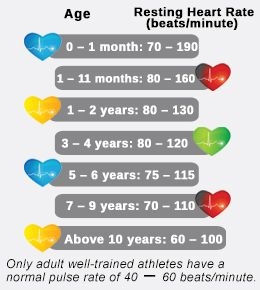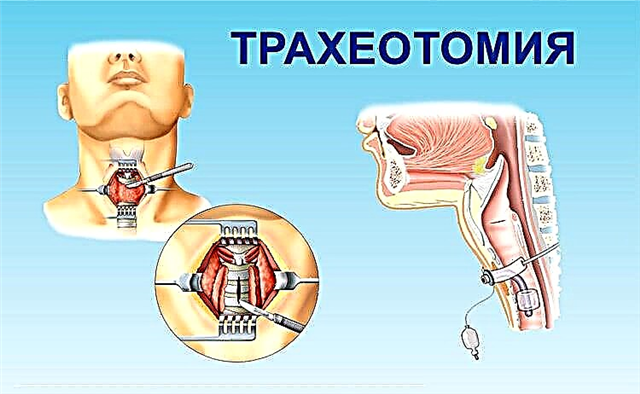Usually, a person does not feel his pulse. But older people often complain of a heartbeat in their ears. Many do not attach much importance to this, but this can be a sign of serious illness. The feeling of a pulse in the ear interferes with the normal life of a person, does not allow hearing other sounds normally, sometimes it is combined with a headache. Later insomnia, neurotic disorders can join. Therefore, it is important not to wait for complications and consult a doctor.
Why is the increased heartbeat carried to the ear?
There are two types of tinnitus according to the mechanism of their occurrence:
- Objective - the patient really has a physical source of sound in the ear area. Noise occurs when muscle spasms of the tissues of the middle ear and pathological expansion of the Eustachian tube (sound is formed during the patient's breathing), in the presence of strong pulsation of the vessels that supply blood to the brain.
- Subjective - the sensation of sound in the ear is erroneous, it is formed without the influence of an acoustic stimulus. Most often occurs when the central or peripheral parts of the hearing aid are affected.

What pathologies cause tinnitus?
The feeling that the heartbeat is pounding in the ears and head is caused by increased pulsation of the blood vessels of the brain and indicates such serious diseases:
- vascular stenosis or thrombosis;
- increased pressure in the vessels of the brain;
- vascular angioma - a tumor from blood or lymph vessels;
- atriovenous fistula - a pathological connection between a vein and an artery;
- aneurysm is a bulging or widening of the walls of arteries.
In addition to vascular pathology, the causes of the pulse in the ears are benign or malignant neoplastic processes: paraganglioma of the ear, neuroma of the auditory nerve.

There are a lot of diseases that cause a feeling of subjective tinnitus. The most common ones are:
- foreign body or wax plug in the ear;
- external and otitis media;
- post-traumatic complications;
- Meniere's disease;
- decompression sickness.
Also, noise and palpitations in the ears are a symptom of hypertension. A long course of the disease without adequate treatment leads to impaired receptor-conducting activity, hearing loss. The situation is further aggravated by atherosclerosis of the vessels of the neck. Blood colliding with lipid plaques undergoes turbulence and a sound effect occurs. The condition is aggravated by headache and general weakness.
Tinnitus is a symptom of mental disorders (schizophrenia). In patients, auditory hallucinations are observed in the form of various voices, the sound of music and clicks.
Of the disorders of the nervous system, the most common is vegetative-vascular dystonia, in which the pounding in the ears is not constant and is combined with tachycardia, increased sweating. Sometimes tinnitus accompanies migraine attacks, then it is preceded by an aura (a feeling of foreign odors, dry mouth). At the end of the exacerbation, the noise goes away on its own.
What to do and how to deal with an unpleasant symptom?
Many patients do not pay attention to tinnitus and dizziness for a long time. Usually everything is attributed to fatigue and stress. If these symptoms do go away after rest, walking in the fresh air, or sleeping, there is no reason to worry. When such sensations cause long-term discomfort and are combined with hypertension, headaches, they consult a doctor as soon as possible.
Be sure to visit an otorhinolaryngologist. The doctor will examine the external auditory canal, eardrum, exclude sulfur plugs, foreign objects in the ear canal, inflammation or neoplasms, prescribe audiometry to determine hearing acuity.

If there is no pathology of the ENT organs, they consult a neurologist and neurosurgeon. It is advisable to do MRI, ultrasound of the vessels of the head and neck, angiography. These examinations will help to identify vascular diseases or the presence of tumor processes.
If, in addition to tinnitus, the patient is worried about high blood pressure, shortness of breath, pain in the heart area, contact a cardiologist. Most likely, the cause of the complaints is hypertension, and with the selection of adequate therapy, the symptoms will become less pronounced, and the quality of life will improve.
Conclusions
The feeling of palpitations in the ears seems to be a harmless complaint. But you should not neglect your own health and well-being, because this symptom is often associated with serious diseases of the hearing system, cerebral vessels, and even oncological processes.
Since often a similar symptom is a manifestation of diseases of the nervous system, autonomic disorders, for their prevention, stress, negative emotions are avoided, they observe a regime of work and rest, and adhere to proper nutrition. If there is a problem, it is recommended to immediately seek medical help, undergo examinations and follow the doctor's instructions.




